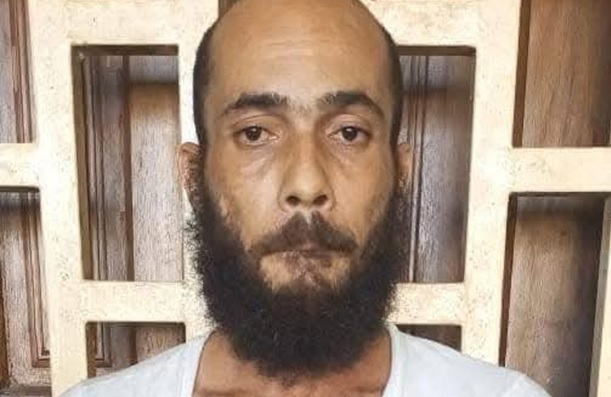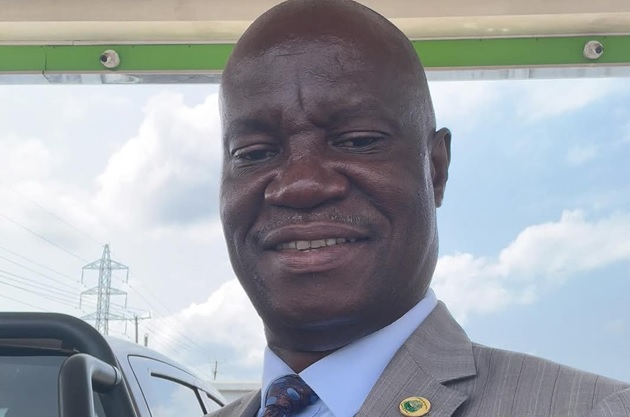MONROVIA, LIBERIA – The latest revelation surrounding Representative Musa Hassan Bility’s direct involvement in his son’s illicit release from custody has triggered widespread outrage, further highlighting the entrenched culture of impunity within Liberia’s governance and judicial system. The allegations, meticulously outlined by social justice advocate Martin Kollie, suggest that Representative Bility, leveraging his political office, collaborated with Judge A. Blamo Dixon to unlawfully free his son, Peach H. Bility, from pre-trial detention despite facing non-bailable charges under Liberia’s 2023 Anti-Drug Law.
At the heart of this controversy lies the indisputable evidence that Representative Bility’s Chief of Office Staff, Wilfred J.S. Bangura, stood as the ‘human surety’ for Peach Bility’s release. This blatant maneuver exposes the systematic decay within Liberia’s judiciary, where laws are manipulated to serve the elite while ordinary citizens languish in detention. Martin Kollie, in his critical analysis, emphasized that “the law cannot only be for the poor and the weak,” a sentiment that resonates deeply with Liberians who have repeatedly witnessed double standards in the administration of justice.
The charges against Peach Bility were severe and should have barred any legal maneuvering to secure his release. He was accused of unlicensed possession, sale, trade, administration, dispensation, delivery, distribution, and transportation of controlled drugs and substances. Additionally, he was charged with illegal possession of firearms. Under Section 14.89 of the 2023 Anti-Drug Law, these crimes are explicitly non-bailable, placing Judge Dixon’s actions under intense scrutiny.
Representative Bility’s public denial of any involvement in his son’s release was quickly dismantled when documents surfaced confirming that his Chief of Office Staff had facilitated the process. This revelation not only discredits Bility’s claims of non-involvement but also underscores the calculated nature of this judicial malpractice. The fact that a sitting lawmaker used his influence to subvert the legal system raises serious concerns about the integrity of Liberia’s rule of law.
Equally disturbing is the blatant disregard for the procedural requirements of ‘human surety’ as enshrined in Liberia’s Civil Procedure Law. Section 63 of this law mandates that a surety must consist of “two natural persons” or a recognized insurance company authorized to execute surety bonds. However, in this case, only one individual—Bangura—was presented, rendering the entire process legally defective. This flagrant violation further illustrates how Liberia’s judicial system can be easily manipulated by those with power.
The selective application of justice is glaring when juxtaposed with the case of Abass Sanor, a 42-year-old man who was recently sentenced to 40 years in prison for crimes identical to those committed by Peach Bility. Unlike Bility, Sanor remained in custody throughout his trial and was never granted the privilege of a questionable ‘human surety.’ This stark contrast exposes the cruel reality of Liberia’s justice system—one that harshly punishes the powerless while granting immunity to the politically connected.
Judge Dixon’s role in this legal travesty cannot be overlooked. His decision to unilaterally and clandestinely release Peach Bility not only violated the law but also eroded public confidence in Liberia’s judiciary. Whether driven by incompetence or outright corruption, his actions have set a dangerous precedent, signaling that justice in Liberia is negotiable for those with influence.
The Ministry of Justice now bears the responsibility of restoring public trust in the legal system by immediately pursuing the re-arrest of Peach Bility. If no corrective measures are taken, this case will serve as yet another testament to the erosion of law and order in Liberia. The judicial system, already marred by allegations of corruption and favoritism, cannot afford to allow this scandal to go unchallenged.
Martin Kollie has vowed to escalate this matter beyond Liberia’s borders, engaging regional and international human rights organizations, diplomatic missions, and multilateral donors. His advocacy underscores the urgent need for Liberia’s justice system to be held accountable at all levels. “If Mr. Peach Bility is not re-arrested, this egregious evasion could further impugn the reputation of the Judiciary and the Ministry of Justice,” Kollie warned.







